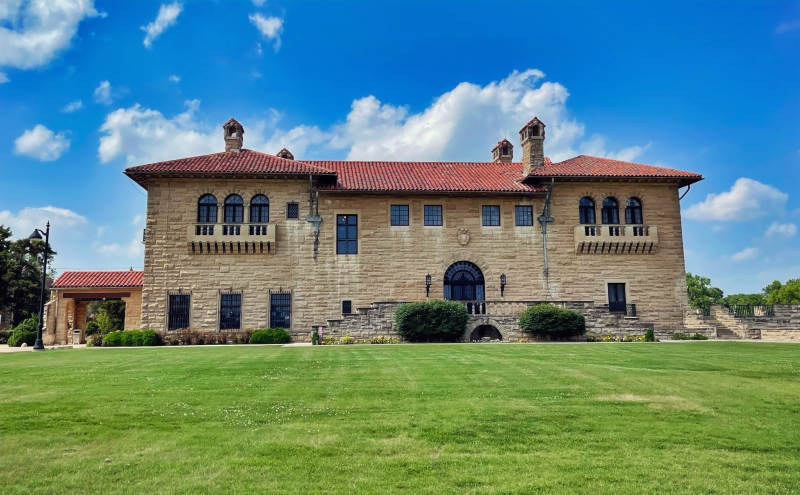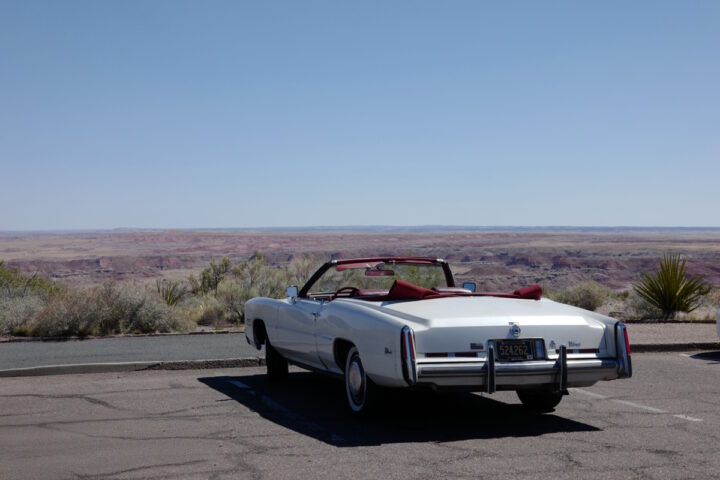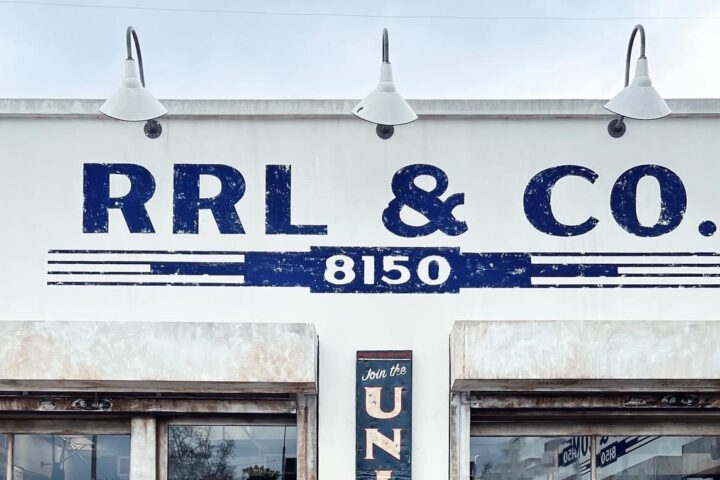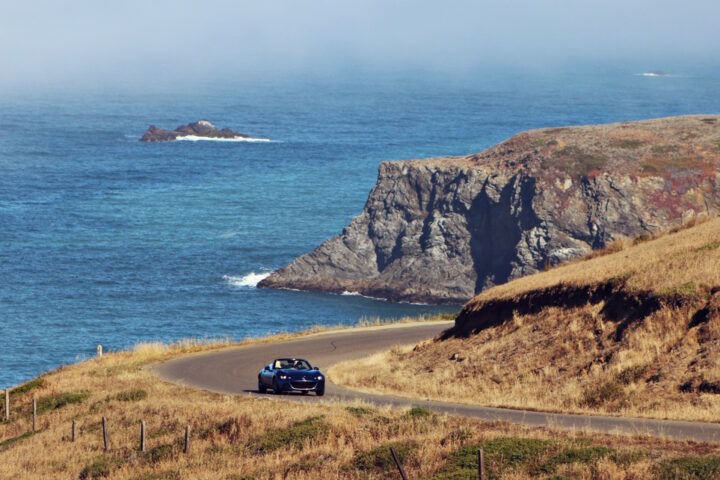Northeast Oklahoma isn’t likely on your radar as a destination, but if you ever have the chance, it is a trip worth making. Tulsa is a unique city, but the towns of Ponca City and Pawhuska Oklahoma are really the hidden gems of the region, featuring a rich history, great goods, and some amazing attractions. Our first stop would be in Pawhuska, where Martin Scorsese was filming “Killers of the Flower Moon” a film based on the true story of a series of murders that happened in the 1920s over oil rights.
The city of Pawhuska Oklahoma might be getting some attention thanks to the filming, but another star has been called Pawhuska home for years, blogger turned television personality Ree Drummond, better known as The Pioneer Woman. The Drummonds have put their own stamp on Pawhuska operating a number of businesses built on her wildly successful series of shows and cookbooks. Since she has made her living in the kitchen, get on the list early to eat at her restaurant, just a tip, order the queso.
Once you have had your fill of amazing food and bought far too many things at the Mercantile, head out and explore the rest of Pawhuska. From classic motorcycles in the Frontier Hotel to art galleries like Big Rain Gallery that car fine art by Native Americans, it is easy to spend a full day or two in Pawhuska.
Jumping in the Buick Envision ST, we head west on OK-11 towards Ponca City, a town that was basically built by one man, E.W. Marland, who founded the Marland Oil Company and at one point controlled 10% of the world’s oil reserves. The result is a small town with a lot of amazing architecture reflecting the wealth of the roaring 20s. The centerpiece of it all was the Marland Mansion, dubbed the “Palace on the Prairie.”
At 43,561 square feet, “palace” is an apt description. Constructed between 1925 and 1928, the design influenced by the Palazzo Davanzati in Florence, Italy that Marland had visited while traveling in Europe. Prominent Tulsa architect John Duncan Forsyth designed the mansion as well as other buildings for the oilman.
Spread out over three floors the mansion has a total of 55 rooms, but of those, only ten were bedrooms, this home was built to host large parties and had three grand rooms that could accommodate hundreds of revelers. The first thing you will notice is the ornate ceilings throughout the house. The second-floor ballroom features a coffered ceiling gilded in gold leaf and lit by Waterford crystal chandeliers that would cost over $2 million dollars to replace today.
By far one of the coolest rooms is the secret poker room of the hunt kitchen, with a hidden whiskey cellar that was accessed through a safe and tunnel that lead to the boathouse. E.W. Marland would go on to be a Congressman and the Governor of Oklahoma, as Governor he created the Oklahoma Highway Patrol and the Interstate Oil Compact. Today the National Petroleum Hall of Fame has administrative offices in what was once the home’s handball court.
The Marland Mansion was built on a 2,500 acres estate named “The Refuge” by Marland. Construction of the house began in 1925, employing dozens of European craftsmen, and was completed in 1928 at a cost of $5.5 million. Due to a hostile takeover of his company in 1928, the Marlands only lived in the home until 1931. The cost of maintaining the home was far too much and the home was only open for special occasions like the Inaugural Ball to celebrate Marland becoming Oklahoma’s 10th governor in 1935.
In 1941, Marland sold the estate to the Discalced Carmelite Fathers for just $66,000. Marland would keep the former chauffeur cottage and a small amount of land, he would die just six months later. In 1948, the Carmelites sold the estate to the Sisters of St. Felix who renamed the estate Assumption Villa and operated a nunnery and high school. In 1975 the Sisters moved to New Mexico and sold the estate to the City of Ponca City and Continental Oil Company, which transferred their partial ownership to the city, for $1.5 million. The mansion was opened to the public the following year and was declared a National Historic Landmark in 1977.
. Today the home is open to the public and gives visitors a glimpse into the glamour of the Roaring 20s. Admission is just $10 and if you have a group you can request a guided tour. Visit MarlandMansion.com for more info or plan your own trip.



























